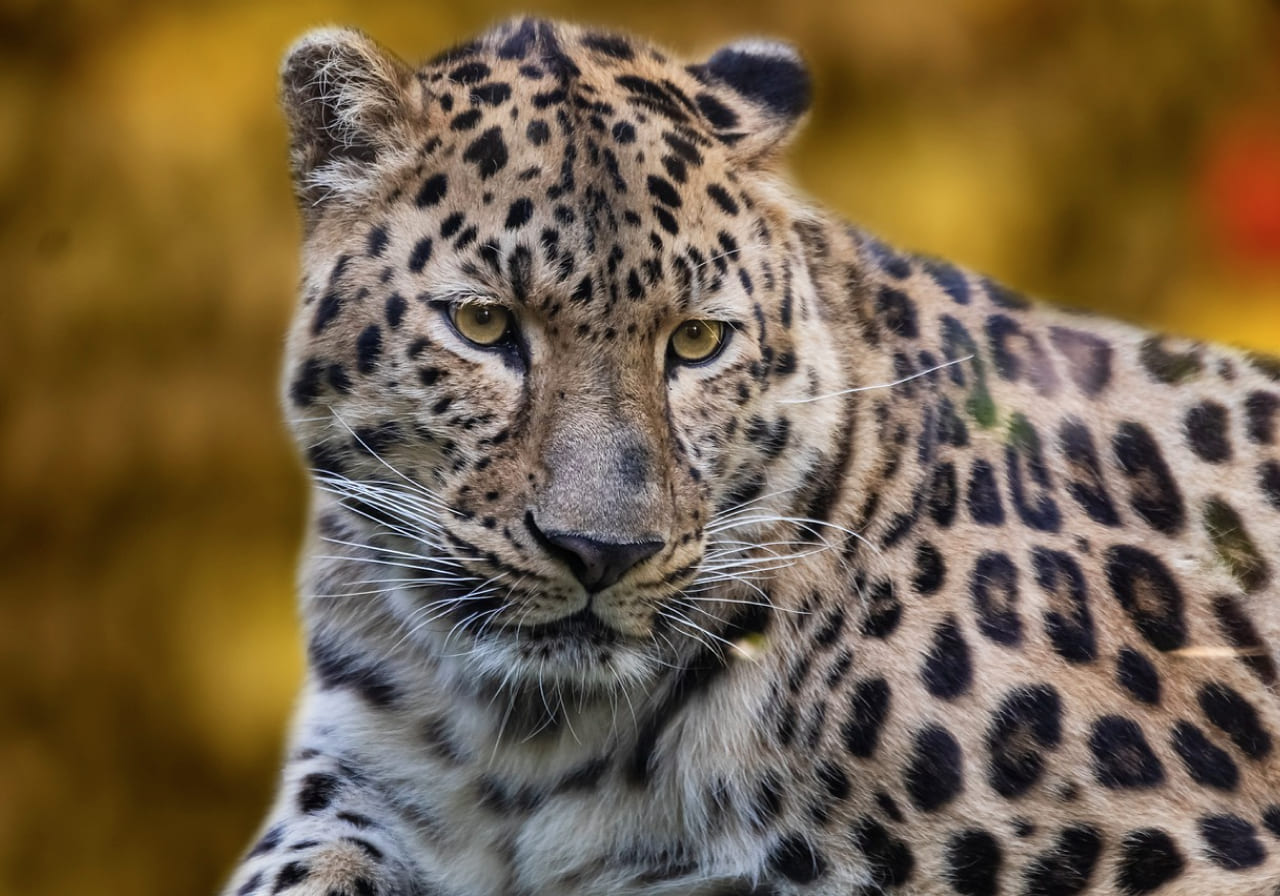Zoos around the world have become vital players in the fight to preserve wildlife and biodiversity. While many people see zoos as places for family outings, their impact on global conservation is far more significant. Zoos serve as safe havens for endangered species, manage breeding programs, and participate in important research that directly affects the survival of animals in the wild.
One of the key contributions of zoos is their involvement in Species Survival Plans (SSPs), which are cooperative efforts to maintain genetically diverse populations of endangered species. By carefully managing breeding programs, zoos help ensure that species with shrinking populations in the wild maintain the genetic diversity necessary to survive. Species like the Amur leopard and the Sumatran tiger owe their continued existence to these efforts.
In addition to breeding programs, zoos act as research centers. Scientists study animals in controlled environments, gathering data on their behaviors, reproductive cycles, and health. This research not only enhances our understanding of these species but also informs conservation strategies that can be applied in the wild. For instance, research on gorillas in zoos has led to better protection practices in their natural habitats, where they face threats from poaching and deforestation.
Perhaps most importantly, zoos raise public awareness about the importance of conservation. Through educational programs and interactive exhibits, zoos help people understand the threats facing wildlife and inspire them to take action. Many visitors leave zoos with a greater appreciation for nature and a desire to contribute to conservation efforts, whether through donations, activism, or simply adopting more eco-friendly lifestyles.
In conclusion, zoos are far more than just entertainment venues—they are essential to the future of global wildlife conservation. By protecting endangered species, conducting valuable research, and educating the public, zoos play a critical role in ensuring the survival of many species for generations to come.
723, KPHB 34th Phase, Kukatpally, Hyderabad, Telangana 8975489, India +917379184562 [email protected]


